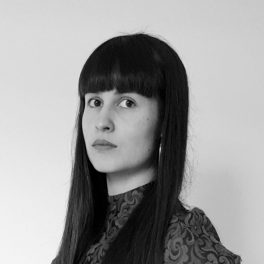
Elizabeth Flux
Elizabeth Flux is a Melbourne-based freelance writer and editor, and a former editor of Voiceworks and On Dit.
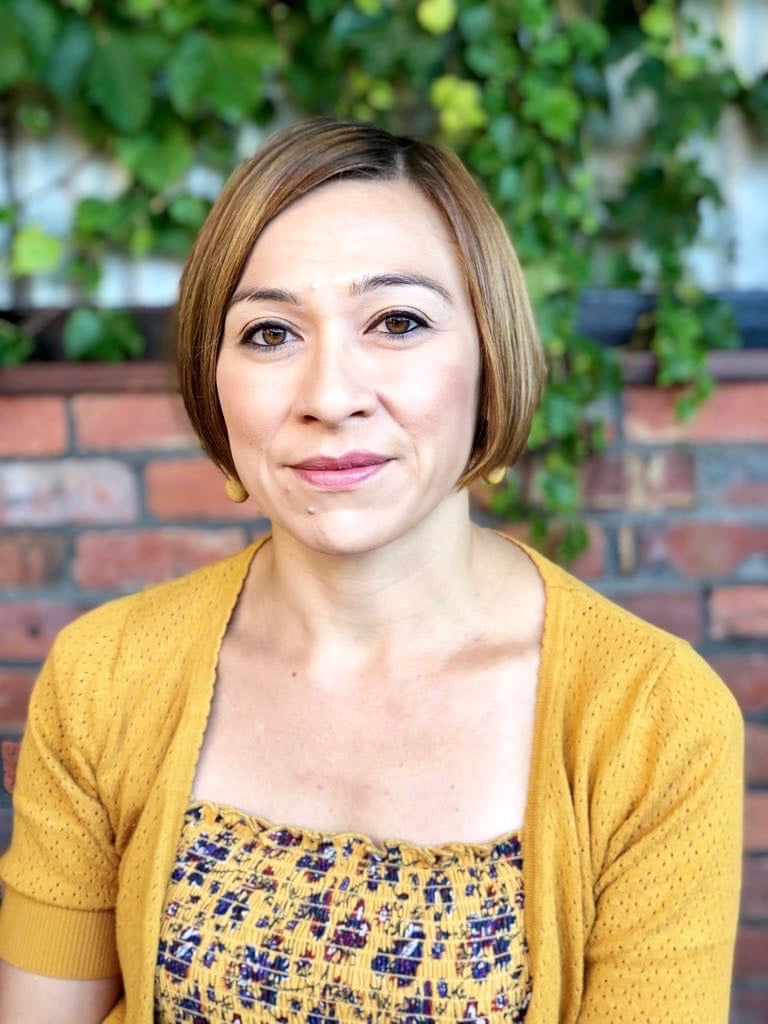
It can often feel like a thick line has been drawn between science and the arts, and, at a certain point in our lives, most of us are asked to choose a side. For Melanie Cheng, a working doctor and award-winning author, no such line exists.
Cheng is used to not fitting neatly into a single category. The Eurasian doctor and author was born in Adelaide and at the age of seven left Australia for Hong Kong where she stayed for the remainder of her schooling, before relocating to Melbourne to study medicine.
“I must have been a little anxious about the move to Hong Kong because I have very vivid memories of the flight. I remember my mum feeding me details about my new home – the skyscrapers and the star ferry and the blue double-decker buses,” Cheng tells The Adelaide Review. “I also remember my first day of school. A girl called Randee, who was half Filipino and half English, was given the task of showing me around. The kids all said I talked like a cowboy. I don’t remember this, but my mum says when I got home later that day, I happily declared that there were other Eurasian kids ‘just like me’ in the class. I suppose I was aware of my difference even then.”
Cheng is skilled at taking her experiences, distilling down the feelings and the places, and putting them in new contexts in her stories. Her experience living in different countries and occupying different worlds clearly informs her work. She moves comfortably between settings, and can evoke scenes of a bustling Mong Kok just as clearly as a quiet Adelaide suburban street.
“Though we lived in Hong Kong, we continued to return to Adelaide to visit my mother’s family every couple of years. Some of my strongest memories are of the drive from the airport to my grandfather’s house in Gilles Plains,” she reflects. “After apartment living, my grandfather’s house with its birds and fish and dogs and unruly garden was like a parallel universe … it was a great springboard for my imagination.”
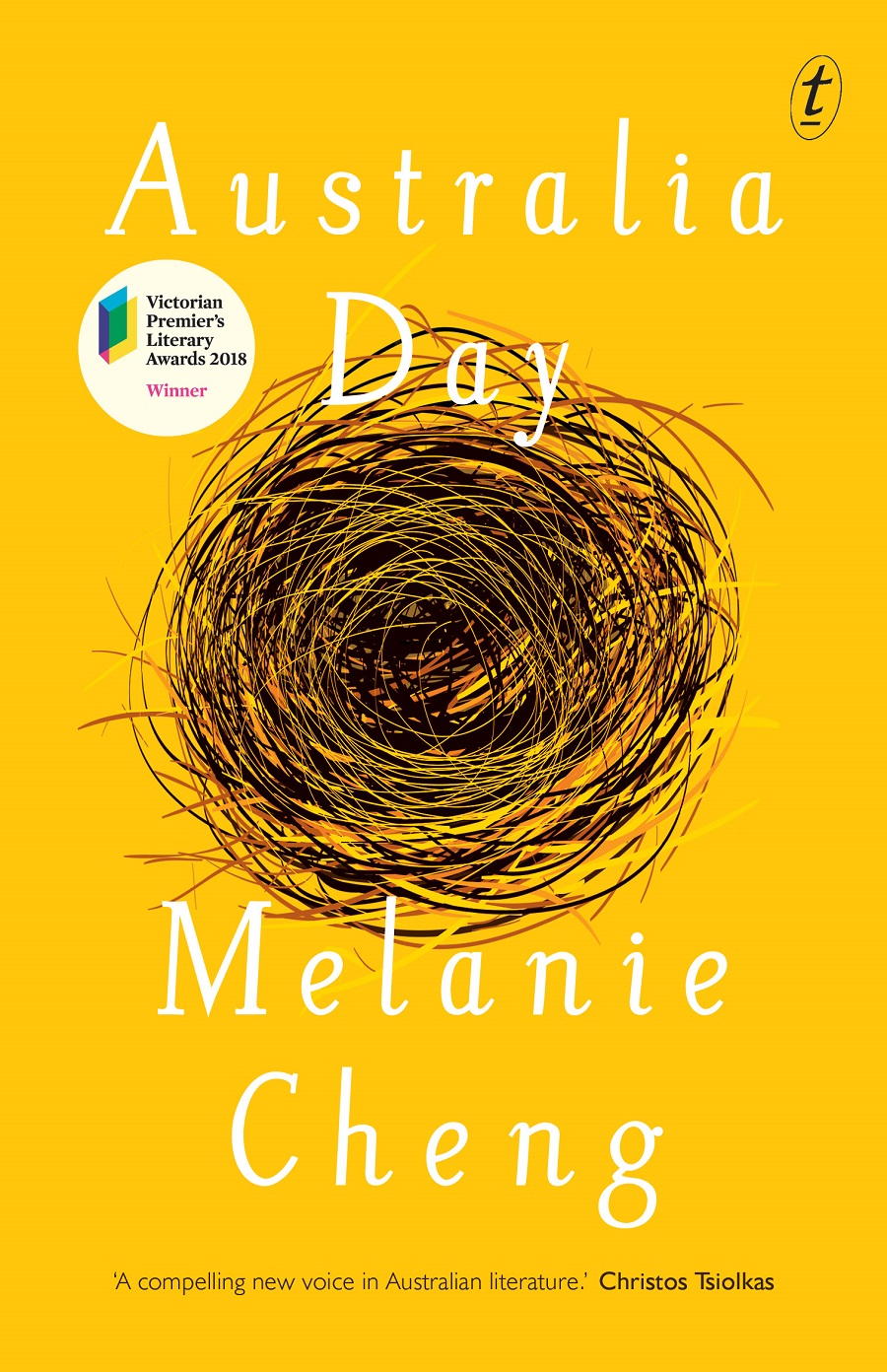
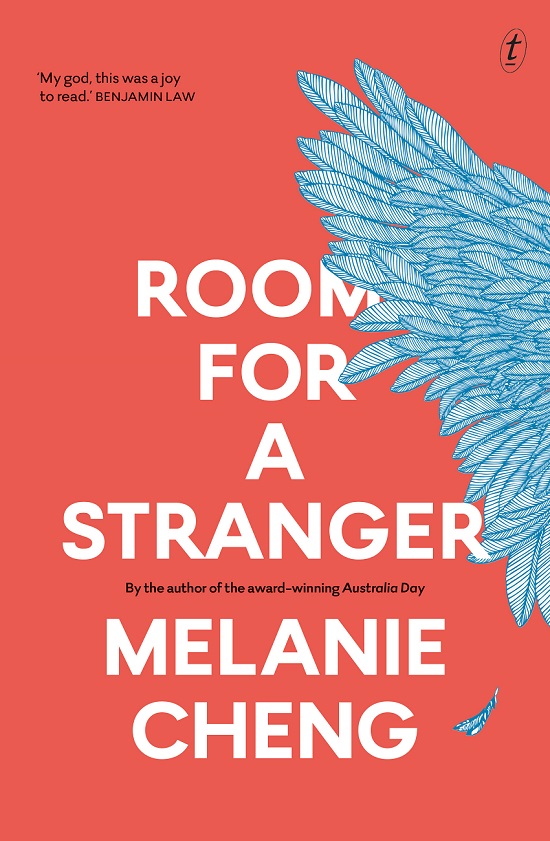
In 2016, Cheng won the Award for an Unpublished Manuscript at the Victorian Premier’s Literary Awards for Australia Day, a collection of short stories that she had been writing over the course of nine years. The book soon found a publisher, and, in 2018, it went on to win the Victorian Premier’s Literary Award for Fiction. In 2019, she published her first novel, Room for a Stranger.
Despite this success, Cheng says that “even now when people ask what I do, I rarely tell them I’m a writer. I think I’m more comfortable telling people I’m a GP because I’ve got the qualifications to back it up. Of course, intellectually I know I am a writer. Having now published two books, and having attended various literary events, I’m definitely part of this literary community. And yet I still have a hard time believing it. I suppose it’s something I’ve wanted for so long that I keep expecting someone to pinch me and for it all to disappear.”
It’s clear that there is a quiet symbiosis between the two sides of her career. One of the greatest strengths of Cheng’s writing is her empathy and insight. Every character she creates feels real, vivid, like they have a rich life that extends beyond the glimpse we are given into them. Her work explores broad themes, touching on relationships, on multiculturalism, on race, on isolation, but it is the humans at the centre that make her stories so compelling.
“All my characters are drawn from life but most are an amalgamation of traits from various people. Usually I’m inspired by people I don’t know very well – people whose situations or emotional responses intrigue me,” she explains. “I could never have written the characters in Australia Day and Room for a Stranger had it not been for the insights gained through my work as a GP. For me the two disciplines are complementary and keep me balanced.”
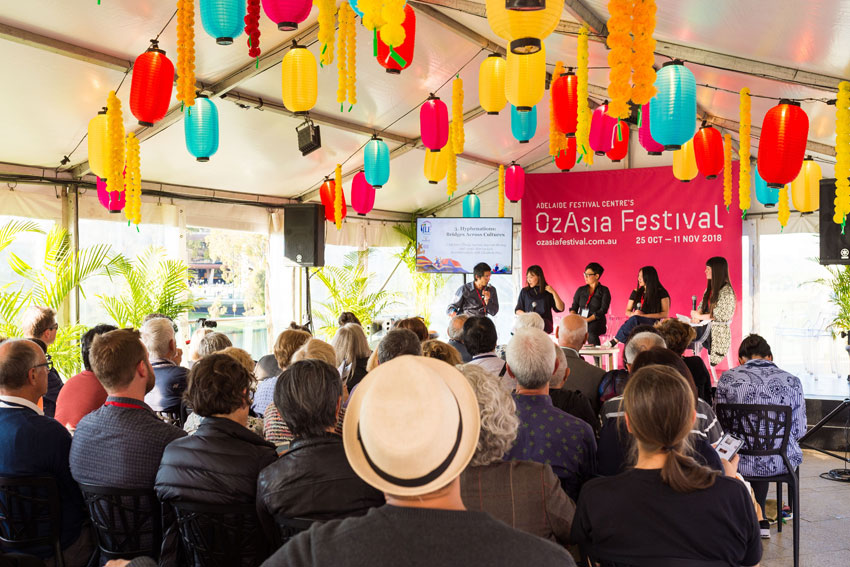
Though she now lives in Melbourne with her family, Cheng will be returning to Adelaide for OzAsia Festival as part of JLF Adelaide, a local companion to the Jaipur Literature Festival. She explains how, no matter what happens with her writing, medicine is a foundational pillar of her life. “I still work three short days at a clinic and for the moment this is a good mix. I would never consider stopping work as a doctor. I derive great meaning from what I do in general practice.”
It makes sense. Her two jobs, while superficially distinct, are essential to one another. At present she is working on an essay about ageing. “I want to explore how, as a junior doctor, I lost a lot of empathy for my elderly patients and how I rediscovered that empathy through my work in general practice,” she says.
Cheng also describes the freedom of writing a story, whether it is only a few thousand words or novel length. “This is the one part of my life where I don’t plan … For me the magic lies in not knowing how everything is going to unfold. I love the quote from E.L. Doctorow that ‘writing is like driving at night in the fog. You can only see as far as your headlights, but you can make the whole trip that way’.
“That’s how I feel, sitting beside my characters in a car, driving at night in the fog.”
Melanie Cheng will appear in conversation with Huo Yan and Rebekah Clarkson at Star Kitchen and Bar on Saturday 2 November
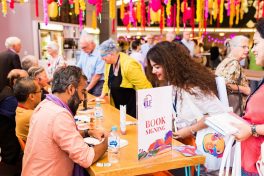

Elizabeth Flux is a Melbourne-based freelance writer and editor, and a former editor of Voiceworks and On Dit.